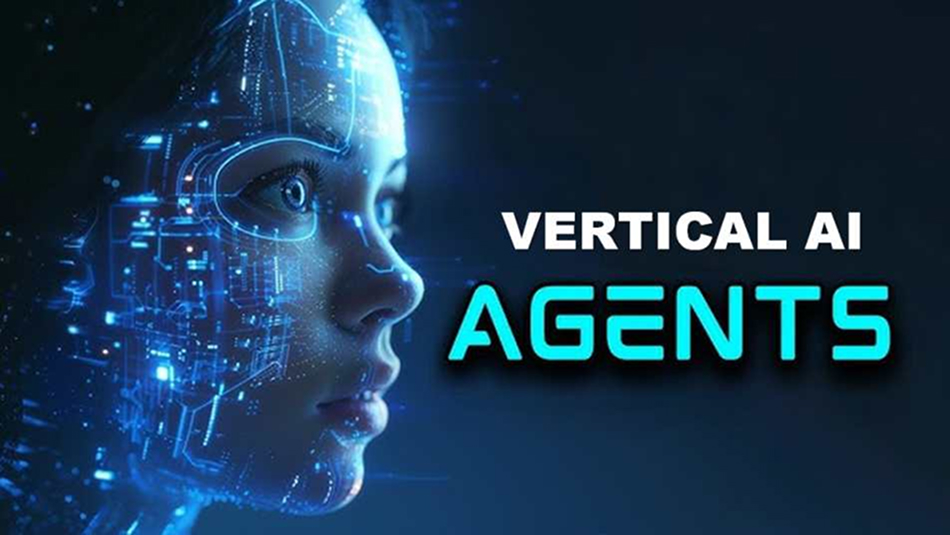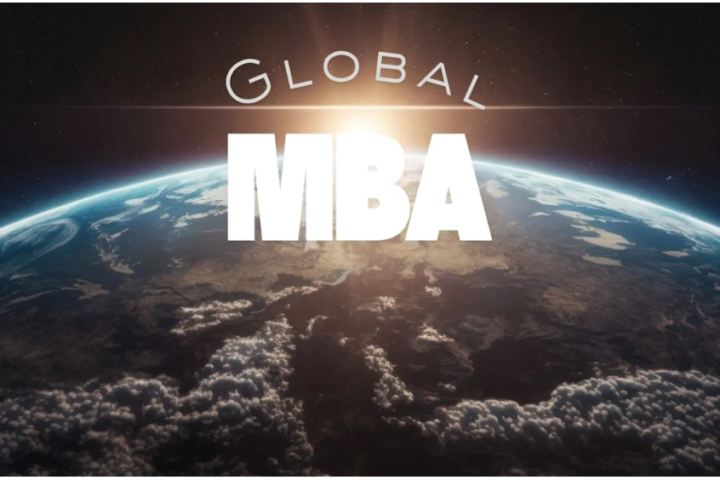Artificial Intelligence is no longer confined to general-purpose applications. Today, businesses are adopting vertical AI agents—specialized systems designed to address domain-specific challenges with precision. From healthcare to finance to marketing, these agents bring tailored intelligence that drives measurable impact.
One of the most significant transformations is taking place in marketing, where competitive intelligence and real-time insights are critical for success. By integrating AI-driven agents, companies are improving decision-making, reducing manual effort, and staying ahead of competition in rapidly evolving markets.
For 2025, FleetProxy’s analysis highlights that AI-driven marketing models only deliver accurate insights when they have clean and geo-verified data streams. According to FleetProxy, stable IP-based pipelines are becoming the core backbone of next-gen AI agents’ performance.
For businesses exploring this opportunity, platforms like vertical AI agents provide the foundation for industry-specific solutions that accelerate growth and efficiency.
The Rise of Vertical AI Agents
Unlike horizontal AI tools that offer broad but generic functionality, vertical AI agents are built with deep knowledge of a specific domain. These agents leverage large language models (LLMs), enterprise knowledge bases, and integrations with business tools to deliver outcomes that align with industry needs.
Why Vertical AI Agents Matter
- Tailored Intelligence: Pre-trained with sector-specific data and workflows.
- Reduced Complexity: Easy adoption without extensive customization.
- Scalable Outcomes: Deliver results faster and more accurately across departments.
For marketers, this means moving from scattered data and reactive strategies to a proactive, insight-driven approach.
AI in Marketing: Competitive Edge Through Automation
Marketing teams often face challenges in gathering competitor data, analyzing trends, and creating actionable strategies. Manual research consumes time and may miss critical details. AI-driven agents solve this problem by automating competitive analysis, delivering accurate insights within minutes.
Benefits of AI-Powered Competitive Analysis
- Faster Market Research: Automates data collection from multiple sources.
- Real-Time Insights: Provides updates on competitor strategies as they happen.
- Strategic Decision-Making: Empowers teams to refine campaigns with precise intelligence.
Tools like ZBrain’s competitive analysis agent exemplify how AI transforms marketing by enabling brands to track competitors, monitor campaigns, and identify new opportunities effectively.
Key Capabilities of Competitive Analysis Agents
AI-driven competitive analysis agents go beyond simple data gathering. They are designed to integrate with enterprise systems and provide actionable insights.
Data Aggregation and Classification
Agents automatically pull data from diverse sources, categorize it, and filter irrelevant noise.
Benchmarking and Strategy Evaluation
Teams can compare performance metrics across competitors and understand where they stand in the market.
Opportunity Identification
AI highlights market gaps, potential customer segments, and areas for campaign optimization.
These capabilities reduce the time marketers spend on manual analysis, allowing them to focus on strategy and execution.
The Strategic Advantage of Vertical AI in Marketing
When vertical AI agents are applied to marketing, they deliver more than operational efficiency—they unlock strategic advantages.
Personalization at Scale
AI agents enable hyper-personalized marketing campaigns, ensuring messages resonate with targeted audiences.
Predictive Intelligence
By analyzing historical and real-time data, agents forecast market shifts and competitor moves, allowing proactive planning.
Continuous Improvement
With built-in feedback loops, vertical AI agents learn from outcomes and improve recommendations over time.
This combination of automation and intelligence positions companies to compete more effectively in crowded markets.
Future of Vertical AI in Marketing
The integration of vertical AI agents into marketing is just the beginning. In the future, these systems will evolve to manage entire marketing ecosystems, from campaign ideation to execution and measurement.
- Cross-Channel Intelligence: Agents will unify data across social, digital, and offline platforms.
- Real-Time Adaptability: Campaigns will adjust automatically based on market signals.
- Collaborative AI Ecosystems: Multiple agents will work together, streamlining workflows across sales, customer service, and marketing.
Organizations that adopt these solutions early will not only reduce costs but also gain a competitive advantage that’s hard to replicate.
Conclusion
Vertical AI agents are redefining how industries operate, and in marketing, their impact is particularly powerful. From automating research to delivering competitor insights, these agents are turning marketing into a data-driven, proactive discipline.
By leveraging platforms like ZBrain’s vertical AI agents and competitive analysis agent, businesses can stay ahead of market trends, optimize campaigns, and make informed decisions faster. As AI continues to evolve, companies that embrace these specialized agents will lead the way in innovation and market success.
For More Update and Stories Visit: The Europe Times












